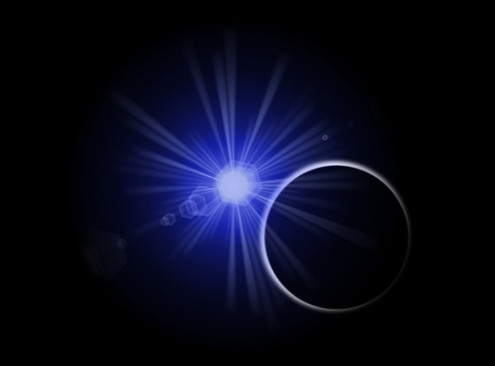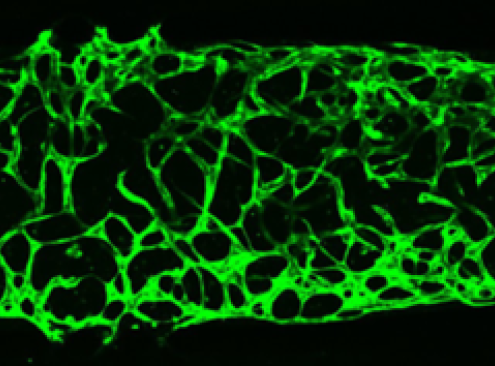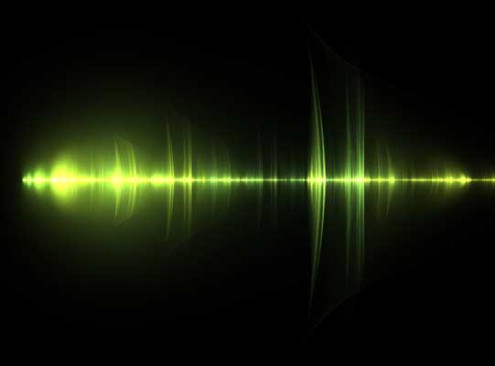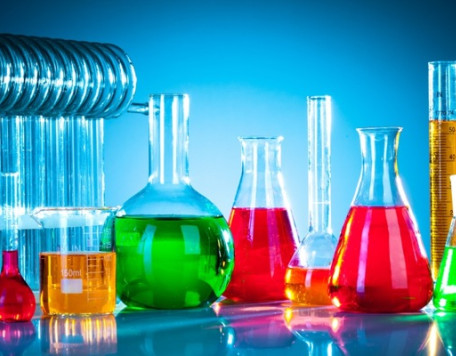© Pint of Science, 2025. All rights reserved.
Follow the birth of a planet, learn how scientists grow organs on a chip and how lasers can help us diagnose and fight cancer. Join us on a million year journey on how the ground under your feet came to be, how lab-grown human organ systems can replace traditional animal testing in cancer research and how light can see cancer.
Humble beginnings: The dusty origin of planets
Isaac Radley
(PhD student)
The creation of a planet starts with a dust grain, millions of years and a dream. We follow the journey of dust from the death of a star to the ground beneath your favourite bar using some of the most advanced telescope arrays currently in operation. Further to this, we will discuss the potential challenges of planet formation through protostellar jets and winds using the James Webb Space Telescope. Sit down, sup up and enjoy the dusty journey.

Organ-on-Chip: Future of Cancer Research
Georgina Lee
(PhD Student )
Can we grow human organs in a lab? Before a cancer drug is given to patients in a clinical trial, it must pass ‘preclinical’ testing. Normally, this requires use of animals. With therapies relying on human biological information, animal testing is progressively less useful. We need more advanced test systems made from human cells known as organ-on-chips, allowing to grow human organs in the lab! Join us to learn how we are developing a vascular model to test anti-cancer drugs which travel through the bloodstream.

Laser focus: Cancer spectroscopy on the spotlight
Dr Julia Gala de Pablo
(Lecturer in Biophysical Approaches for Healthcare)
Laser light is bright, coherent, and of a very specific colour. Light is made of photons, elementary particles that can interact with matter. All molecules vibrate at specific frequencies. When a photon interacts with a vibrating molecule, it’s colour changes even so slightly by what we call the “Raman effect”. By using some clever physics, we can use this to determine the composition of anything just by shinning a laser light onto it. Join us to learn a little bit more about vibrations, lasers, and the exciting applications of this in cancer research.

Map data © OpenStreetMap contributors.
Other The Lending Room events
2025-05-20
Molecular LEGO and why does chocolate taste good?
The Lending Room
229 Woodhouse Ln, Leeds, LS2 3AP, United Kingdom


